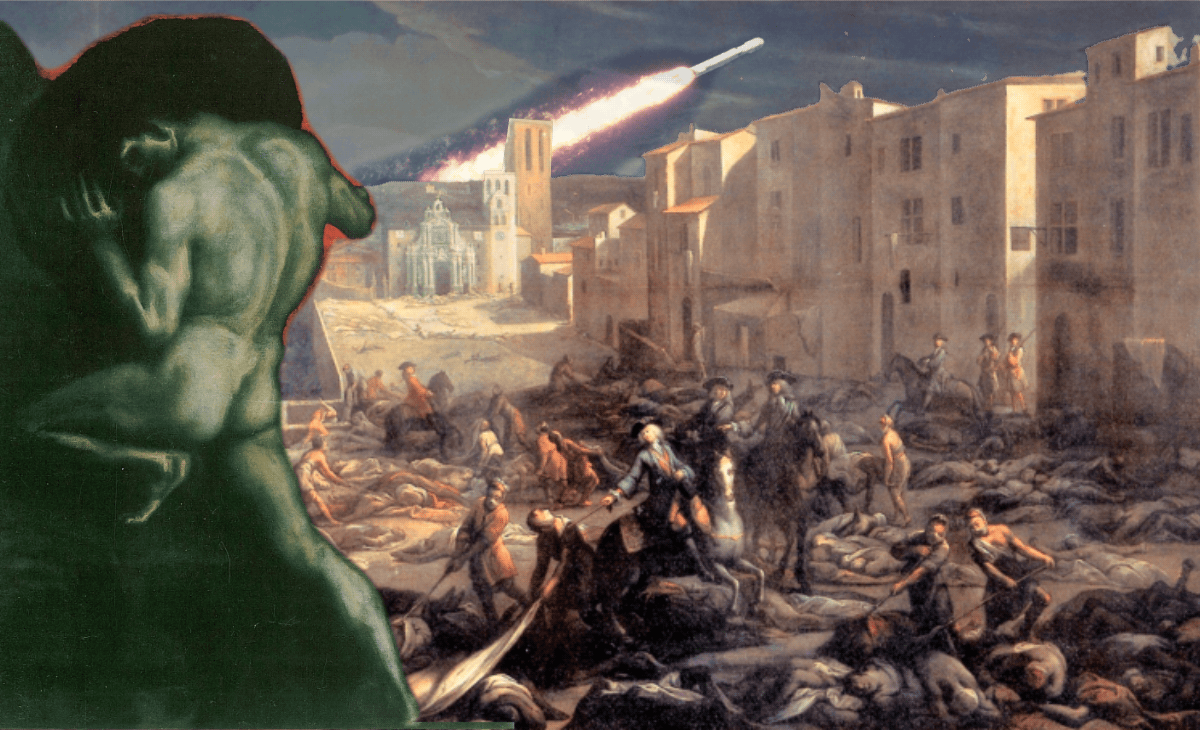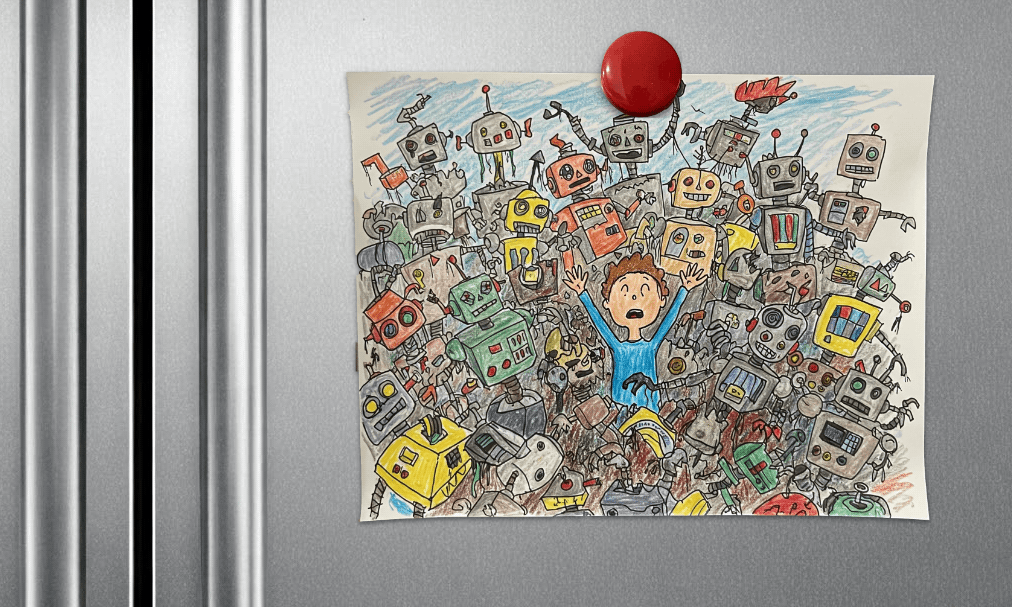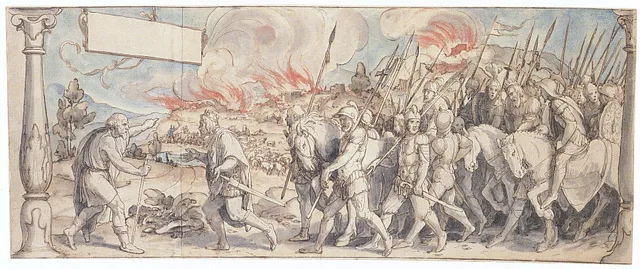
Technology Won’t Set Us Free
Tech’s promise: A future with no more work, easy living, and an end to suffering … Well, that’s not gonna happen!
Continue reading...

Tech’s promise: A future with no more work, easy living, and an end to suffering … Well, that’s not gonna happen!
Continue reading...
… or The Obvious Thing About AI that LinkedIn Hype Bros Don’t Understand.
Continue reading...
The real final judgement is not God’s judgement of you — it is your judgement of God
Continue reading...
Getting past the sex life of demons, the motivations of chickens, and the challenges of disassembling IKEA furniture in the dark, to get to the one question that answers everything.

There’s a proud tradition in literature to write stories from the perspective of despicable protagonists and unreliable narrators. Do we know God is not one of them?
Continue reading...